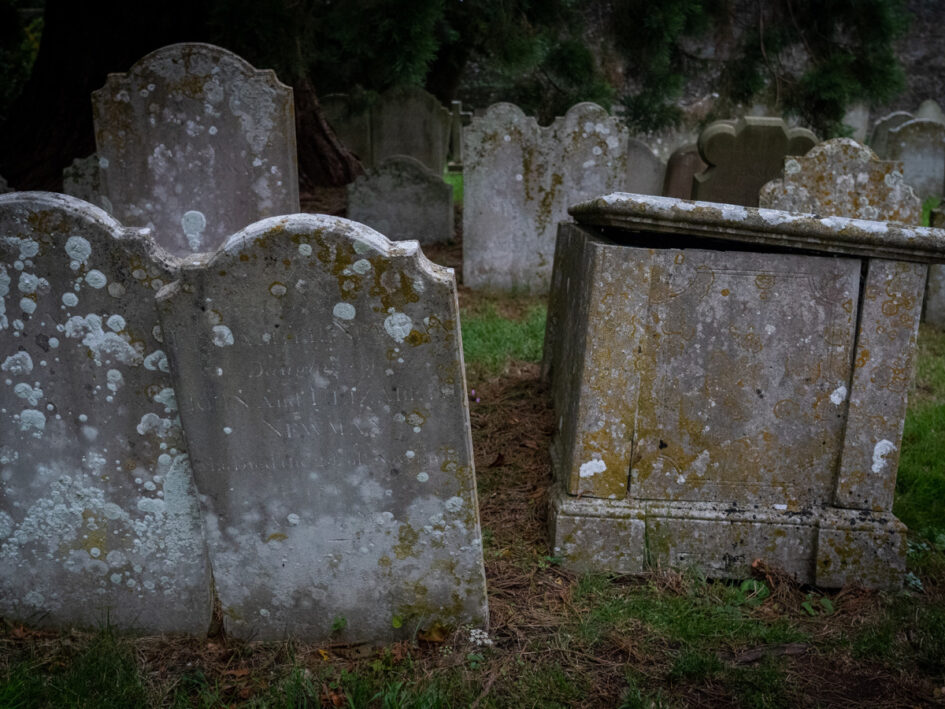Gout is something you get if you’re a character in a Dickens novel, yes.
My name is John Beep, and I am a character in a Dickens novel. Most of the other characters in a Dickens novel has got gout, red and big and hang on their big toes and swing intensely as they walk. However, I don’t have gout.
Strange, right? Luckily for me, the other characters do not alienate or dislike me just because I don’t have gout like they do. Actually, I think they secretly pity me, because having gout is sort of a pride symbol for being a character in a Dickens novel, something to brag about at lunch like an honorary badge. Personally, gout is great and all, but I think it’s just a tiny bit disgusting to show it to everyone you meet. Well, I am a character in a Dickens novel after all, so I’m supposed to like having gout, except that I don’t have one and the fact that I don’t have gout does not make me feel bad whatsoever.
One thing that Fagin, a character in a Dickens novel, told me, made me a little uncomfortable. He first questioned my identity: am I really a character in a Dickens novel? He pointed out that not only do I not have gout, I was also “named too casually.” Like, what? John Beep is my name, and it’s great! I got a little upset, and he told me to forget about it. “Gouts don’t lie, John.” He said and left.
Honestly speaking, if I detach my ego and look at it objectively, my name does seem just a tiny bit random and absurd; I won’t admit that to anyone else, though.
A couple of days have passed and I realized that the newspaper is taking a popular vote: the character who receives the lowest vote in the end will be killed in the next chapter. “One of us has to go, the least popular character here will be killed by the end of the week.” Scrooge said, addressing the panicking crowd of characters in a Dickens novel. “And it won’t be me, because I’m a protagonist. It will be one of you side characters, especially the ones who aren’t likable or are easily forgettable.”
Well, it’s probably my time. Those guys have been friendly enough not to bully me for not having gout, but in a situation of life and death, soon they will decide who the outcast will be, and the choice is obvious; the physical features is always how we will judge someone in the first place, and guess who doesn’t have gout. Yes, wait for it—
“It should be me. From the recent story direction, I’ll be dead in the actual story soon anyways.” Nancy stands up.
“You will die? No, I’m supposed to beat you to death in the story. If you die now, who will I kill then?” Bill Sykes expresses his discontent.
“People, calm down. It won’t be our choice to make, remember? It is decided by a vote in the newspaper, it will be the audiences who will decide the ultimate fate of one of us.”
The results are in: I’m the one who’s going to die.
“I’m sorry, John.” “Hey, John, I guess I’ll see you when we’re both dead!” “John, I’ll miss you…” Every character says their warmest regard.
I mean, it’s really no surprise. I don’t fit in, and my personality is always so forgettable and boring, that I did not receive a single vote.
I thought by being a character in a Dickens novel and not having gout meant that I’m special; it turns out that it is quite the opposite. Every other character is interesting, appealing, and even if they die, they get to be remembered by the audiences. Their gout are the signs of their unordinary fate. A loser will die, and history forgets him.
Without any plot twist, surprising ally that come out at the last second supporting me, or even an aftermath where I get recognized as some form of hero… I die.
